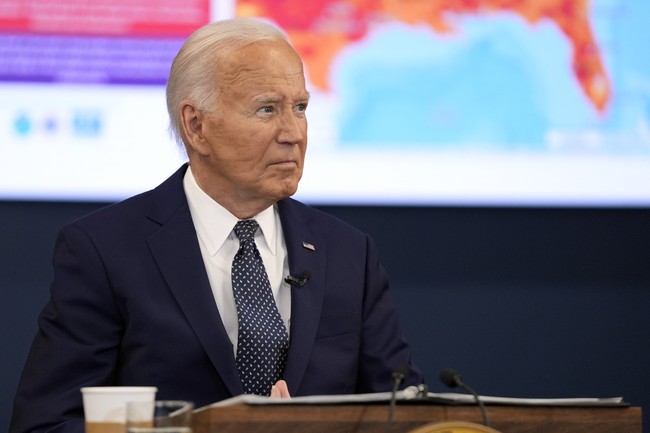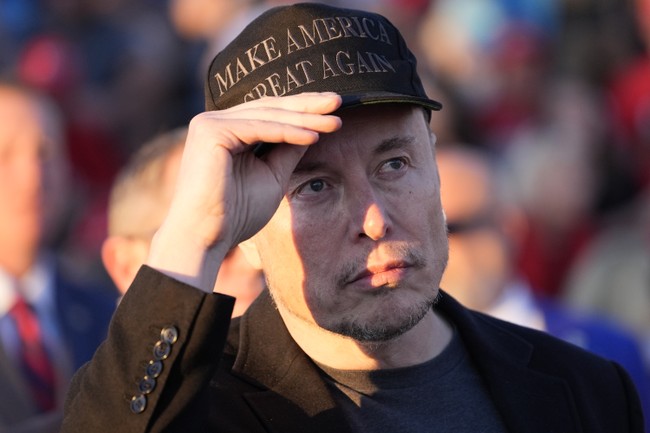Political Turmoil in South Korea: Leadership Crisis
Amidst a volatile political landscape, South Korea grapples with leadership changes and public dissent following the impeachment and suspension of President Yoon Suk Yeol.
Published December 18, 2024 - 00:12am

Image recovered from arabnews.com
The political climate in South Korea has reached a boiling point following the dramatic impeachment and suspension of President Yoon Suk Yeol. The impeachment process was triggered by Yoon's attempt to impose martial law on December 3, a move which was swiftly revoked after just six hours due to massive public protests and opposition forces.
Han Duck-soo, a seasoned technocrat and the country's prime minister, has been thrust into the role of acting president as Yoon's case proceeds to the Constitutional Court. Han has been proactive in trying to stabilize the country's shaken governance, emphasizing his commitment to maintaining stability during this tumultuous period.
International relations are a top priority for Han as he works to reassure South Korea's allies and financial markets. He has engaged in discussions with prominent leaders, including U.S. President Joe Biden, highlighting South Korea's unbroken commitment to its foreign and security policies. Biden reaffirmed the sturdy alliance between the U.S. and South Korea, underscoring the importance of economic and security collaboration, including trilateral cooperation with Japan.
Despite this attempt to convey stability, South Korea faces profound internal challenges. The impeachment of President Yoon marked the second attempt, succeeding this time due to bipartisan support amid escalating public dissatisfaction. Yoon's approval ratings have dropped severely as a result of several controversies during his tenure, including his handling of catastrophic events and economic struggles.
Yoon's political life has been dotted with turbulence from the start. Often portrayed as a polarizing figure, he ascended from a well-regarded prosecutorial career to the presidency, winning by a narrow margin in 2022. His decisive but controversial actions, including his advocacy for abolishing the Ministry of Gender Equality and perceived missteps during national crises, have contributed to his declining popularity.
Public demonstrations have mounted pressure on the government, with increasing calls for accountability and improved governance. The decision to impeach was buoyed by claims of governmental misconduct and failures to address public concerns, resonating deeply in a nation with a traumatic history of authoritarian rule.
The unfolding legal and political process in South Korea has prompted an outpouring of support for democratic resilience, with citizens and political figures alike rallying for change and improved governance. As the Constitutional Court considers Yoon's future, the political horizon remains uncertain, with potential ramifications that could shape South Korea's democracy for years to come.
During this interim period, the expectation is that South Korea's robust bureaucracy will continue to function efficiently, albeit amidst uncertainty and limited capacity for decisive leadership. Han's role is crucial as an experienced leader able to shepherd the nation through this uncertain chapter.







